Archives: Documents
-
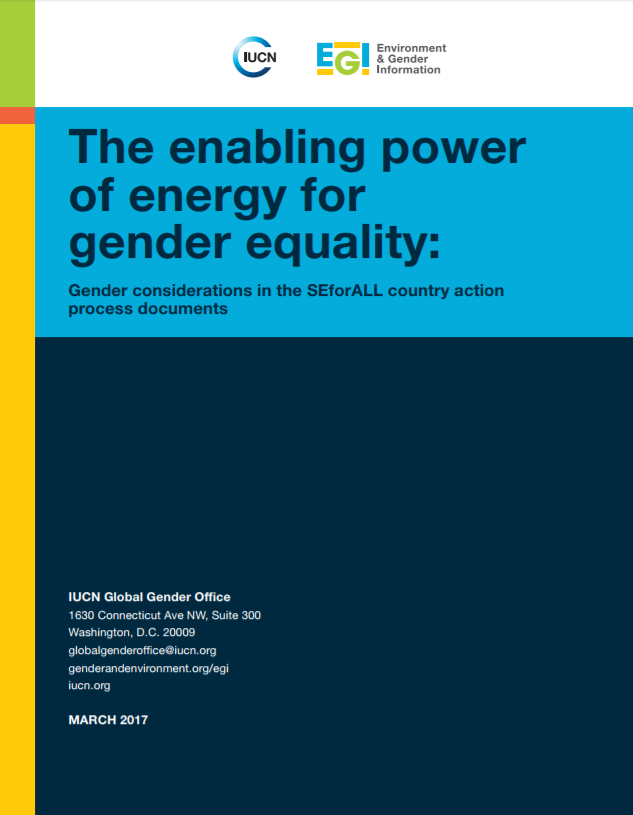
The enabling power of energy for gender equality: Gender considerations in the SEforALL country action process documents
This assessment aims to identify and understand the degree to which gender considerations are addressed in the three types of documents prepared as part of the SEforALL country action process: rapid assessment and gap analyses (RAGAs), action agendas (AAs) and investment prospectuses (IPs). Findings offer insights into the ways that governments recognize gender considerations in…
-

Selling Off-Grid Light to Liquidity Constrained Consumers
Problem Definition: A large proportion of the world’s population has no access to electricity and so relies on noxious kerosene for their lighting needs. Solar-based solutions require a large upfront investment and are often unaffordable in this market owing to consumers’ tight liquidity constraints. As an alternative, there are business models relying on rechargeable light…
-
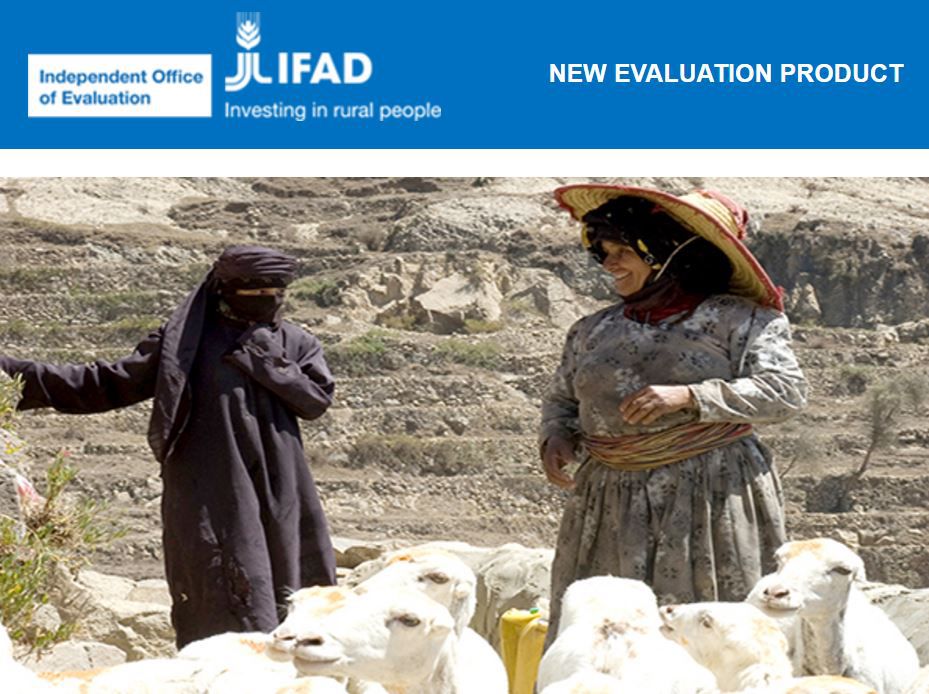
What works for gender equality and women’s empowerment – a review of practices and results – LEARNING BRIEF
The Independent Office of Evaluation of IFAD (IOE) has just released the evaluation synthesis “What works for gender equality and women’s empowerment – a review of practices and results”. The report intends to support learning on what practices work for gender equality and women’s empowerment (GEWE) and under what conditions in the context of rural…
-
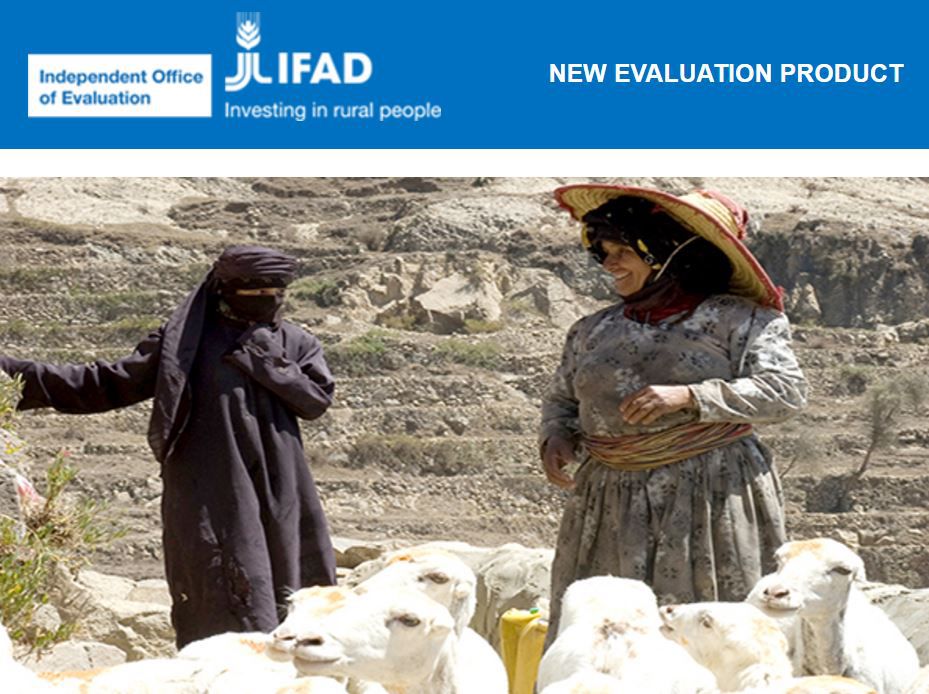
What works for gender equality and women’s empowerment – a review of practices and results – FINAL REPORT
The Independent Office of Evaluation of IFAD (IOE) has just released the evaluation synthesis “What works for gender equality and women’s empowerment – a review of practices and results”. The report intends to support learning on what practices work for gender equality and women’s empowerment (GEWE) and under what conditions in the context of rural…
-
Policy Brief: What we know so far and policy considerations
Energy policy is usually gender-blind. This makes it harder to achieve SDG targets relating to gender equality and sustainable energy access for all. The Gender and Energy Research Programme is helping to build the knowledge that countries need in order to develop and reform their energy sectors in a more gender-sensitive way. Energy interventions affect…
-
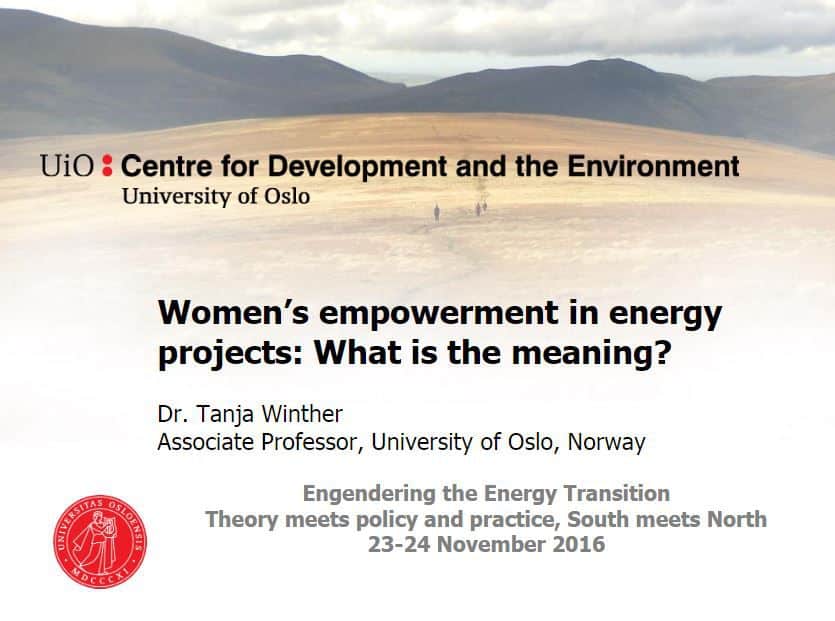
Women’s empowerment in energy projects: What is the meaning?
-
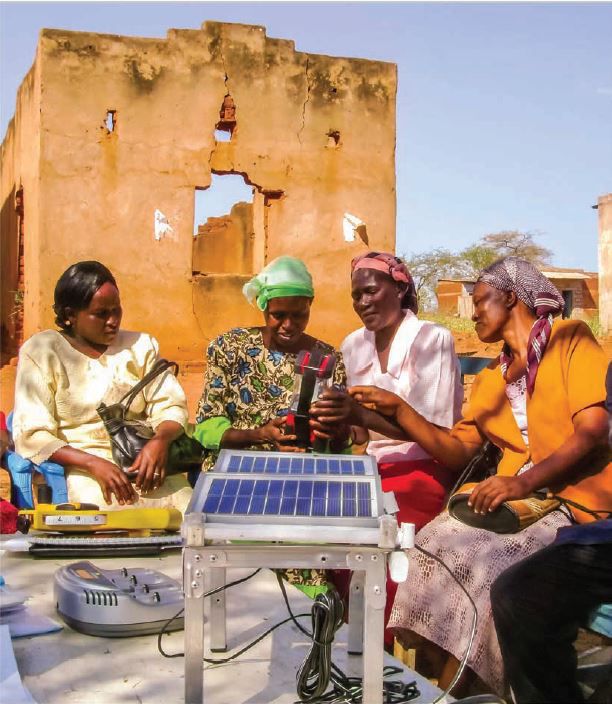
Poor People’s Energy Outlook 2016
Ending the scourge of global energy poverty has rightly become an international priority – but governments and the international community still lack the tools and approaches necessary to deliver on this important objective. One major reason for this is that current approaches do not meaningfully consider or understand the realities of energy-poor people or the…
-
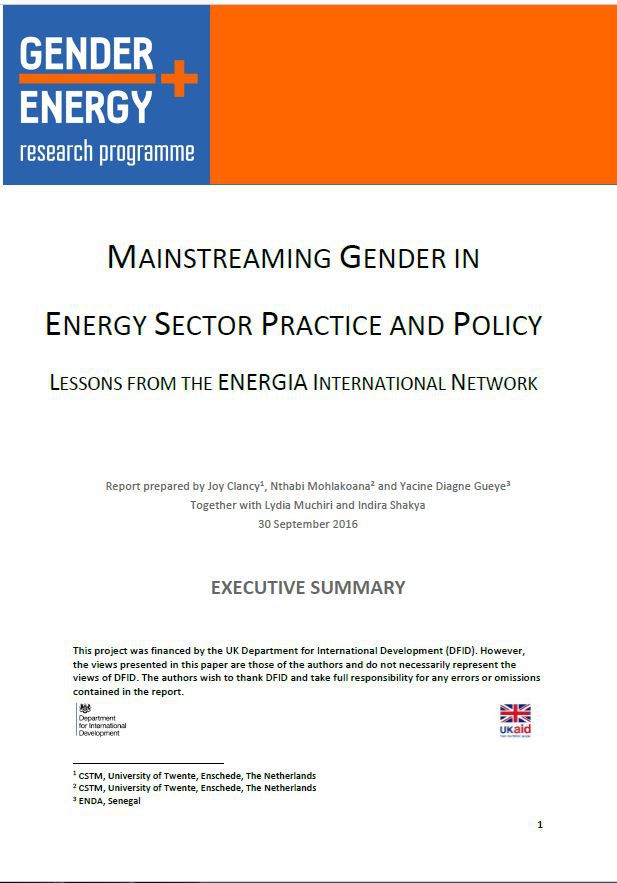
Mainstreaming gender in energy sector policy and practice_EXECUTIVE SUMMARY
The ENERGIA network has for more than twenty years been building a substantial body of experience with approaches to gender mainstreaming in the energy sector. There is a need to document this experience in a systematic way that can be used to inform future work of ENERGIA, the network members and partners, and most importantly,…
-
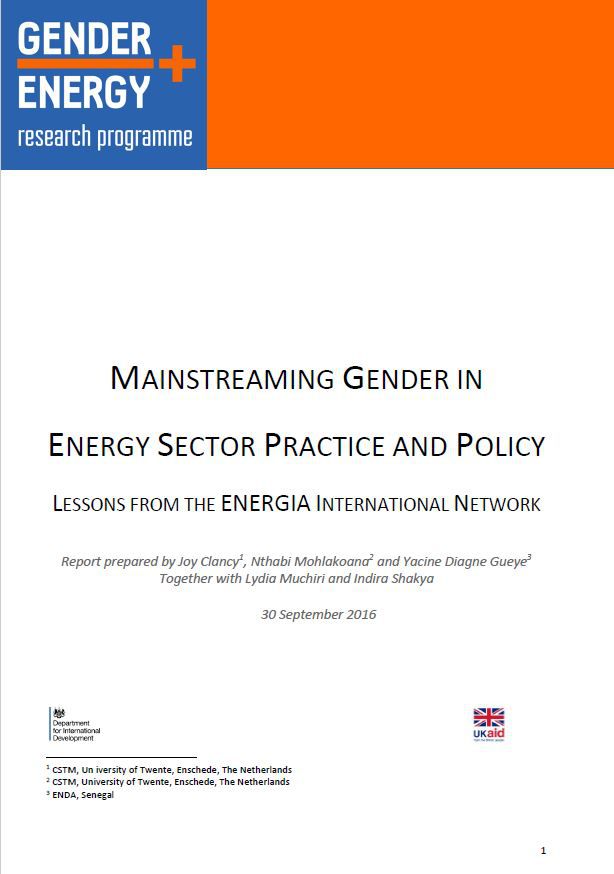
Mainstreaming gender in energy sector policy and practice_FULL REPORT
The ENERGIA network has for more than twenty years been building a substantial body of experience with approaches to gender mainstreaming in the energy sector. There is a need to document this experience in a systematic way that can be used to inform future work of ENERGIA, the network members and partners, and most importantly,…
-
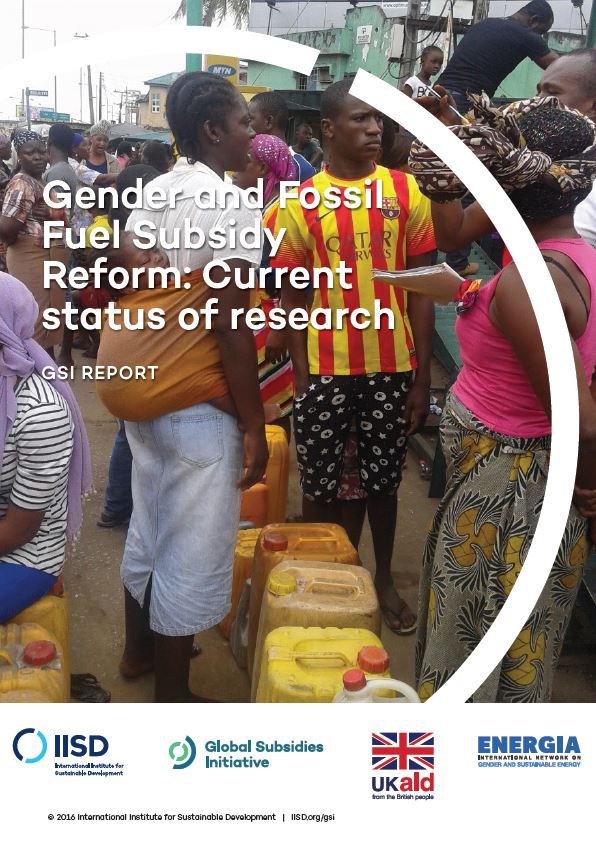
Gender and Fossil Fuel Subsidy Reform: Current Status of Research
This research project aims to investigate the impacts from fossil fuel subsidy reform on poor women in Bangladesh, India and Nigeria. This initial scoping report finds no primary, quantitative research on the question of the gender-differentiated impact of fossil fuel subsidy reforms. However, there is a large body of literature linked to energy access and…
-
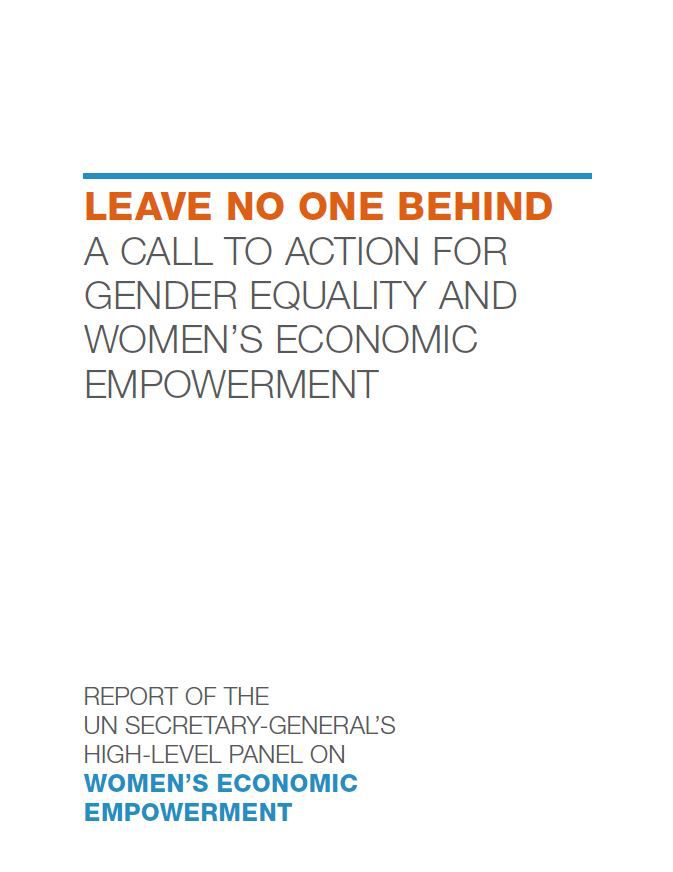
Leave No One Behind
The purpose of this report and briefing is to address issues and find solutions that will eliminate legal barriers to women’s economic empowerment, reduce gender pay gaps, ensure financial and digital inclusion, and foster female entrepreneurship.
-
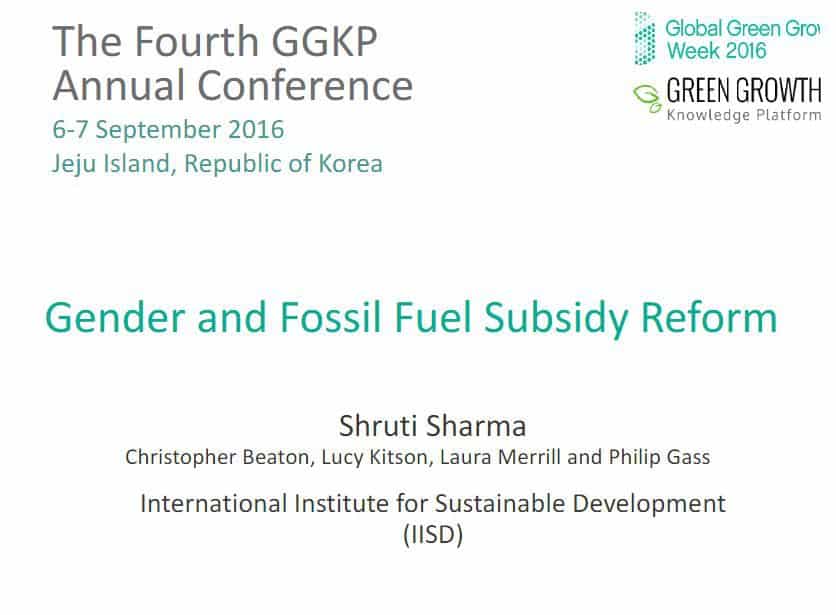
Gender and Fossil Fuel Subsidy Reform – Presentation

